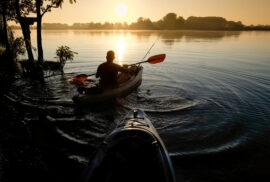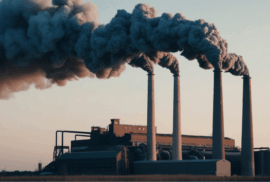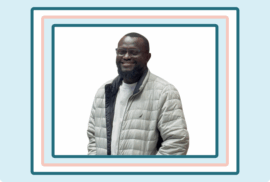Why Black Environmental Leaders Need More Than a Seat at the Table
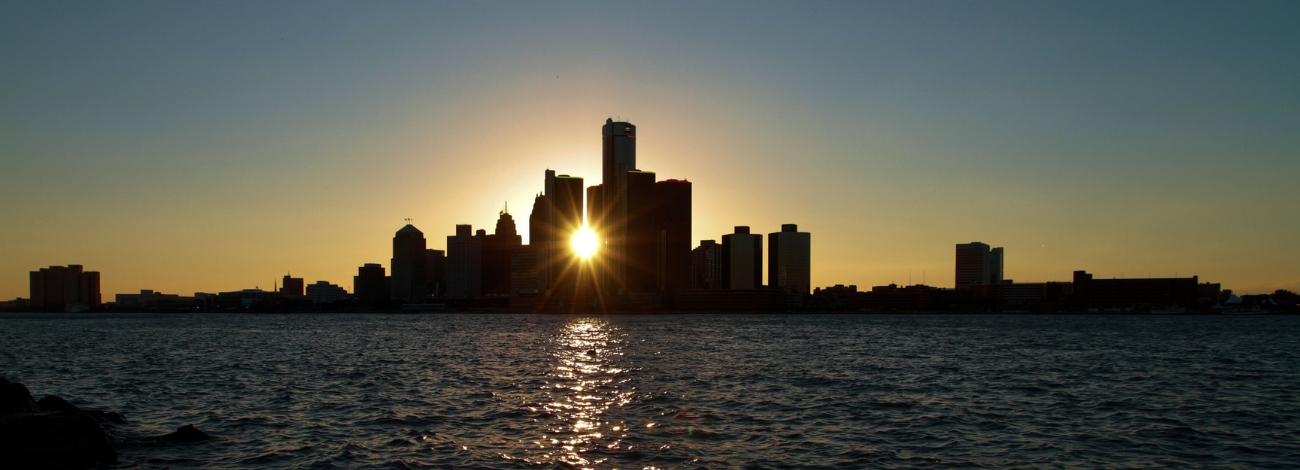
Authored by
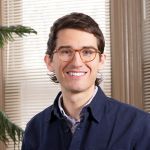
Cody Gallagher
Connect With the Experts
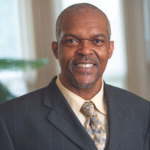
Galen Hardy

Ellen Vial
While American institutions are hastily defunding their diversity, equity and inclusion (DEI) programs to curry favor with the Trump administration, the Environmental Council is doubling down on its commitment to building a society rooted in true, full participation and shared prosperity—where neighbor supports neighbor, and collective efforts strengthen our nation and safeguard our world.
But for efforts focused on these ideals to be truly meaningful, programming around them can’t be hollow. Now as diversity, equity and inclusion efforts face intense political scrutiny, the real question isn’t whether these ideals matter. They do. We must instead address whether organizations are creating conditions where black, indigenous and people of color (BIPOC) leaders can genuinely thrive—or simply filling positions for optics.
For BIPOC executive directors in Detroit’s environmental movement, the challenges of leadership are amplified by systemic barriers that limit their access to the same resources, networks and institutional knowledge that their white counterparts often take for granted. When opportunities to make mistakes are scarce, when professional networks are unequal and when the weight of representation carries an unspoken pressure to excel, where do these leaders turn for support?
Enter Community of Practice, a unique peer learning group facilitated by the Michigan Environmental Council. Launched in 2023, the group provides a dedicated space for BIPOC executive directors in Detroit’s environmental sector to build skills, exchange insights and strengthen their organizations.
How Community of Practice is supporting Black environmental leaders
Community of Practice, made possible by the Porter Family Foundation, was created to address a critical gap: many BIPOC leaders step into executive roles without access to essential training on topics like financial management, grant writing and board governance.
“A lot of times, when you accept an executive director job, you might not know everything,” said Galen Hardy, the Environmental Council’s Detroit program director. “By bringing them together, they can discuss their deficiencies, share strategies and learn from each other.”
The first cohort provided a structured yet intimate space for BIPOC leaders to discuss challenges, gain skills and hear from experts. The workshops covered crucial topics like financial statement analysis, grant writing and working with boards of directors. More importantly the program created a sense of solidarity among participants, allowing them to connect, share experiences and support each other’s growth.
For Lionel Bradford, president and executive director of The Greening of Detroit—an organization focused on planting trees and providing job training—participating in the group’s first cohort was invaluable.
“When this opportunity came along, I jumped on it,” said Bradford. “It was an opportunity for me to gather with like-minded individuals who were my peers, who had experienced the same challenges I had and to talk about how we overcame them.”
Bradford notes that the program deepened his understanding of financial management and nonprofit leadership, while also reinforcing the importance of peer support—factors he believes have collectively positioned his organization for its strongest footing yet heading into 2025.
“It’s rare to have a space where you can voice your opinions and concerns openly, without judgment. That’s what Community of Practice provided.”
Why spaces like Community of Practice matter now more than ever
“In a university setting, first-generation students are recognized as needing additional support to navigate academic institutions,” says the Environmental Council’s Detroit program manager, Ellen Vial. “Similarly, in the nonprofit world, BIPOC executive directors often have smaller professional networks and fewer mentorship opportunities compared to their white counterparts.”
Community of Practice is helping to bridge that gap, ensuring that these leaders have the knowledge, resources and peer connections they need to thrive.
This work is especially urgent in Detroit, where BIPOC communities continue to bear the brunt of environmental injustice. From high asthma rates due to poor air quality to the legacy of industrial pollution, the city’s environmental challenges are deeply intertwined with racial and economic inequities. Yet amidst these struggles, there have been victories—like the closing of the Detroit incinerator, ongoing efforts to improve tree canopy coverage and community-led initiatives to reclaim urban green spaces. Black environmental leaders are at the helm of these efforts, and they deserve the tools and support to succeed.
As DEI programs continue to face political pushback, the need for intentional, community-driven spaces like Community of Practice has never been greater. Because advancing DEI shouldn’t just be about who sits at the table—it needs to provide the tools to lead effectively once they get there.
Discover
Power environmental change today.
Your gift to the Michigan Environmental Council is a powerful investment in the air we breathe, our water and the places we love.
Sign up for environmental news & stories.
"*" indicates required fields

